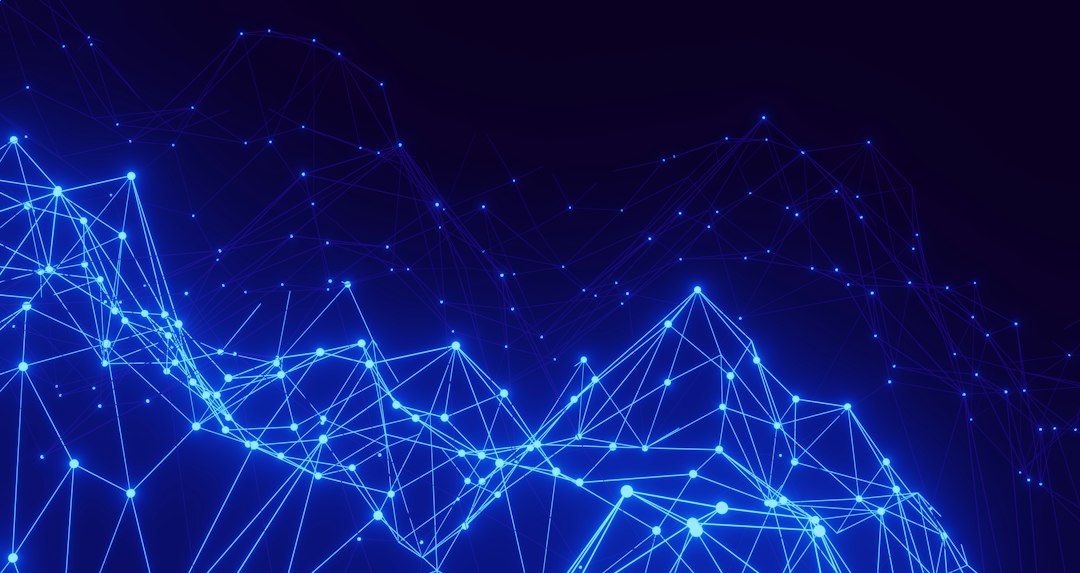Artificial Intelligence-powered Personal Assistants: The Future of Productivity
In recent years, Artificial Intelligence (AI) has made remarkable advancements, revolutionizing many aspects of our lives. From self-driving cars to smart homes, AI has become an integral part of contemporary society. One of the most promising applications of AI is the development of personal assistants, powered by AI, that have the potential to transform how we work and increase our productivity.
Personal assistants have always played a crucial role in managing our tasks, schedules, and information. From secretaries to virtual assistants, these professionals have helped us navigate the complexities of our daily lives. However, with the advent of AI, personal assistants are becoming increasingly intelligent, capable of performing tasks and making decisions without human intervention.
The key advantage of AI-powered personal assistants lies in their ability to understand and interpret human language. Natural Language Processing (NLP) algorithms allow these assistants to comprehend and respond to our commands and queries with a level of accuracy and sophistication that was unimaginable just a few years ago.
With AI-powered personal assistants, managing our schedules, appointments, and to-do lists becomes a breeze. Through their integration with our calendars and email accounts, they can not only remind us of upcoming events but also schedule meetings and handle email correspondence. These assistants can even analyze our preferences and habits to optimize our routines, suggesting the most efficient ways to complete our tasks and achieve our goals.
Moreover, AI-powered personal assistants can assist us in conducting research, gathering information, and performing complex calculations. By leveraging their access to vast amounts of data, these assistants can quickly find relevant information, summarize it, and present it in a concise and understandable manner. Whether it’s for business presentations, academic papers, or personal projects, these assistants can save us countless hours of tedious and time-consuming work.
Furthermore, through its Machine Learning capabilities, AI can adapt and improve its performance over time based on our feedback and usage patterns. This means that the more we interact with our personal assistants, the better they become at understanding our preferences, anticipating our needs, and providing us with customized recommendations. This level of personalization not only enhances our productivity but also makes our interactions with these assistants more natural and efficient.
AI-powered personal assistants also have the potential to revolutionize how we communicate and collaborate with others. By integrating with messaging and collaboration platforms, such as Slack or Microsoft Teams, these assistants can facilitate real-time communication and streamline teamwork. They can schedule meetings, distribute agendas, and provide relevant information to team members, ensuring everyone is on the same page and maximizing efficiency.
Additionally, AI-powered personal assistants can help us stay organized and focused in an increasingly digital world. With the proliferation of digital content, documents, and files, it is easy to get overwhelmed and lose track of important information. These assistants can assist us in managing our digital clutter, organizing files, and retrieving information when needed. They can also help filter incoming information, prioritizing what’s important and minimizing distractions.
However, as with any technological advancement, AI-powered personal assistants raise concerns regarding privacy and security. Giving access to personal information and sensitive data to an AI-controlled system requires careful consideration of the potential risks involved. It is crucial to ensure that robust security measures are in place to protect our privacy and prevent unauthorized access.
In conclusion, AI-powered personal assistants have the potential to revolutionize productivity in our personal and professional lives. Their ability to understand and interpret human language, coupled with their access to vast amounts of data, makes them invaluable tools for managing tasks, gathering information, and collaborating with others. However, it is important to consider the potential risks and ensure that suitable safeguards are in place to protect our privacy and security. With the right precautions, these intelligent personal assistants can empower us to achieve more and focus on what truly matters.


